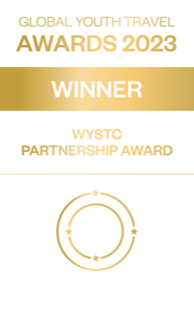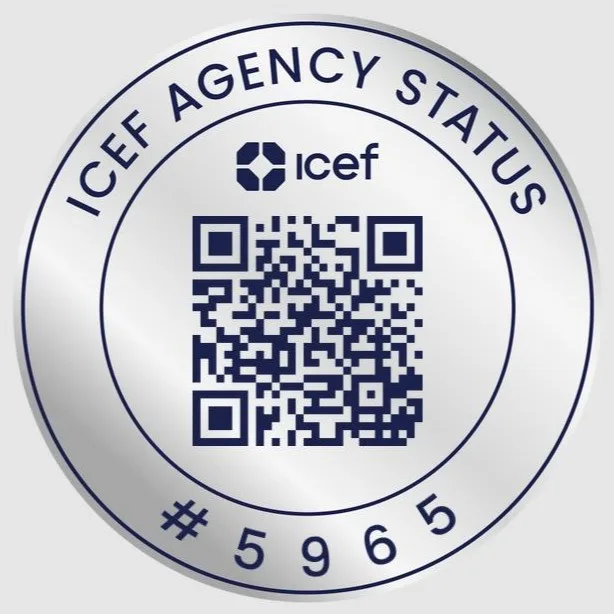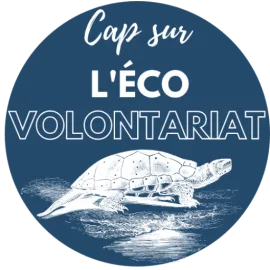Take action now to preserve Madagascar’s biodiversity by taking part in our French-language lemur conservation project in Nosy Be!
The lemur conservation project aims to raise public awareness of the importance of protecting lemurs and their habitat.
Due to widespread deforestation, the destruction of their natural habitats and poaching, lemur populations in Madagascar have been declining over time. Through habitat restoration, population monitoring and public awareness campaigns near programme sites, the Nosy Be conservation project aims to tackle these problems.
Lemurs are facing an alarming level of extinction risk, with 31% in critical danger of extinction.
You will take part in various activities at the sanctuary, including collecting data on lemurs and other species, in addition to the regular activities. You’ll get up close and personal with lemurs as well as other animals in the park, such as turtles, crocodiles, chameleons and other reptiles. You will also receive information to help you identify the local flora so that it can be recorded in a database of inventories being developed on the project site.
As a volunteer, you will have a significant impact on Nosy Be’s conservation efforts and on the health of lemurs living in a controlled environment. Your contribution helps to preserve this special environment and its inhabitants. Before you begin your volunteer work, it is essential to understand your role, responsibilities and expectations.
Your main tasks will include
– Helping to prepare food and feed the lemurs.
– Helping to clean up areas where lemurs are found.
– Helping to look after other species in the sanctuary.
– Creating, adding to and monitoring the database of lemurs and other species inhabiting the sanctuary (age, sex, reproduction, daily behaviour, identification markers and physical characteristics).
– Creating, adding to and monitoring the flora database at project sites.
With the help of specific information, the park vet will be able to determine the appropriate care required for each resident. You will have the opportunity to communicate in English or French to raise awareness among visitors to the refuge.
In addition, you will help to create awareness campaigns aimed at educating the local community about the importance of protecting the lemur population and its habitat.

This programme is available all year round.
Arrival every Sunday.
Duration during the week | Budget total mission |
|---|---|
2 weeks | 1410 € |
3 weeks | 1865 € |
4 weeks | 2420 € |
5 weeks | 2925 € |
6 weeks | 3480 € |
8 weeks | 4540 € |
10 weeks | 5550 € |
12 weeks | 6660 € |
The volunteer house in Nosy Be offers a range of facilities for the comfort of participants. It includes a spacious dining room and two lounges, one on the ground floor and the other on the first floor, where volunteers can socialise. There is also a large balcony where volunteers can relax after hours of project activities.
There is also a fridge that you can use to store your own food and drinks.
The program includes three meals a day on weekdays and two a day on weekends. Meals served at the house are family-style and vegetarian, with a combination of Western and Malagasy dishes, mainly rice and vegetables. Kitchen facilities are also available for those who wish to cook or they can choose to eat in local restaurants at their own expense.
For those with specific food preferences, allergies or dietary restrictions, they have the option of complementing the menu with Western foods that suit them better.
Upon arrival, you will take part in an orientation day to familiarise yourself with the local environment and culture.
Your programme will continue as usual from Tuesday and for the rest of the week.
You will be working as part of a French-speaking team with French-speaking coordinators and you will share your daily life with volunteers from all over the world. A good command of English is therefore a plus in terms of communication.
– At least 18 years old
– Vaccinations: Polio, hepatitis A, diphtheria/tetanus, typhoid, malaria, hepatitis B and tuberculosis are recommended but not compulsory.
– Vaccination against yellow fever is a compulsory requirement for all participants arriving in Madagascar from countries affected by yellow fever.
| | Merci pour votre abonnement |










